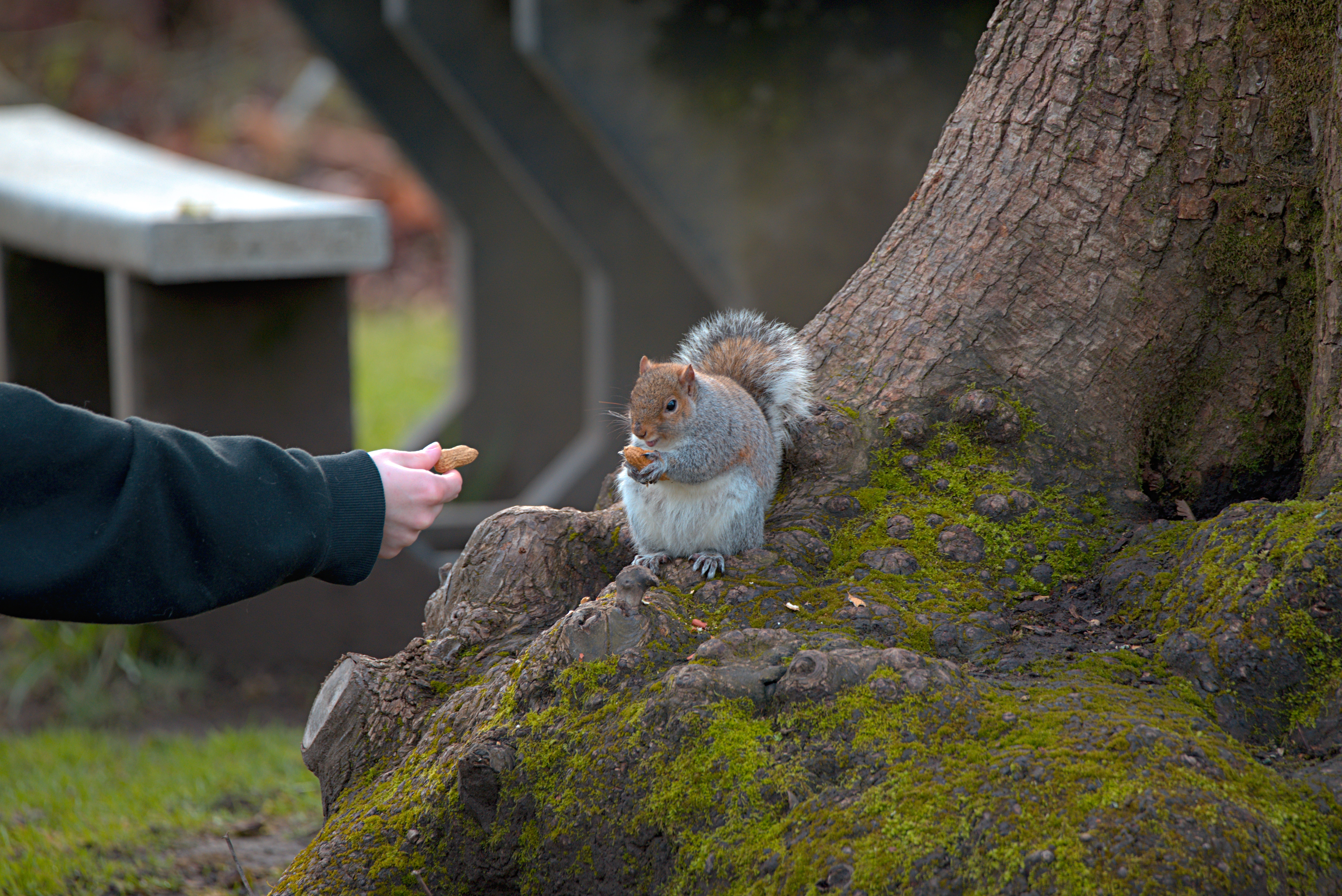
Feeding wildlife has never been a good idea. Now it’s also against the rules.
The town has updated its property maintenance bylaw to ban the feeding of any wildlife except songbirds and hummingbirds.
Wild animals that are fed can become dependent on people as a food source, become aggressive in search of food, damage property and harm people and pets, warns a report from town staff.
The new rules prohibit:
- Feeding wildlife on private or municipal property
- Leaving food or other substances that attract wildlife, feral or stray domestic animals
- Feeding any bird other than a songbird or hummingbird (expect pigeons kept in accordance with the animal control bylaw)
Birdfeeders must be hung high enough that wildlife can’t reach them and kept clean. Spilled food below feeders must be removed.
"There have been attacks and pet deaths and as such, we need to do all we can to ensure wildlife stays that way and does not get fed," says Ward 1 councillor Sean O’Meara. "That is the leading reason why coyotes continue to encroach closer to resident’s private property."
Residents who feed wildlife or leave our "attractants" can be punished with fines of $300 for a first offence, $400 for a second offence and $500 for a third offence.
Repeat offenders could be taken to provincial offences court and face higher fines.
O’Meara also suggested the town consider trail cameras on municipal woodlots to collect evidence in areas where feeding is suspected.
"I’m hoping that our staff are going to really go to that extra level to get the evidence they need to ensure the people who are offending don’t do so anymore," he said.
Jim Barry, the town’s director of municipal enforcement, said cameras are a possibility, although privacy issues would need to be considered.